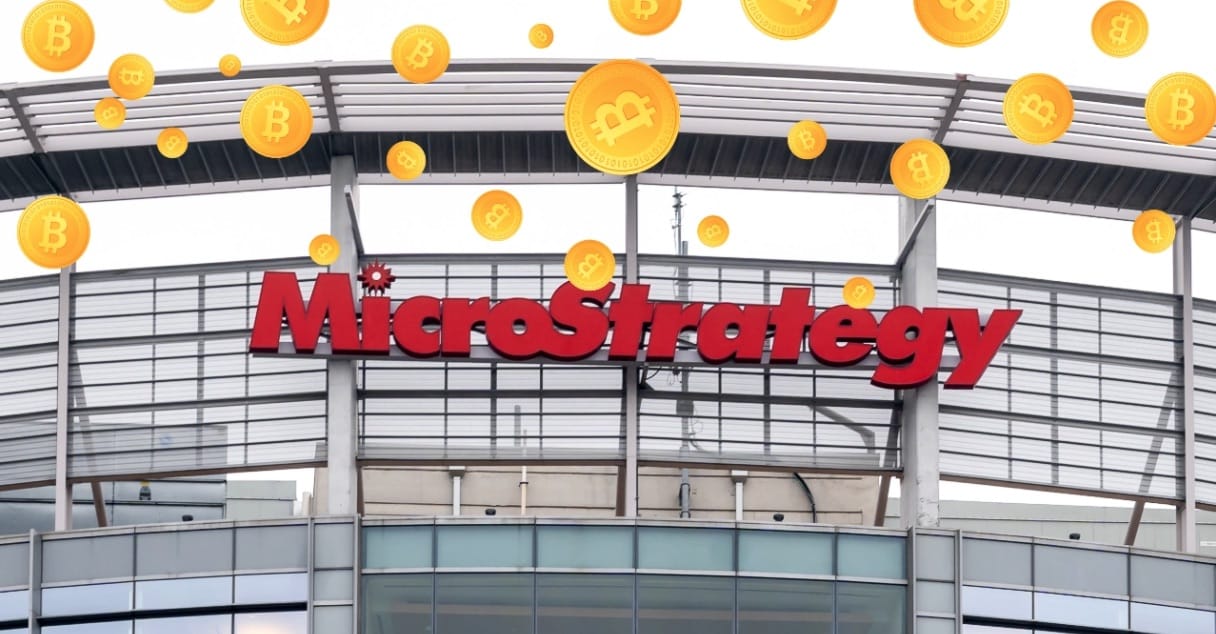The government of Canada eventually repealed the Emergencies Act, which gave it powers to, among other things, freeze citizens’ bank accounts. The repeal was announced by the country’s Prime Minister Justin Trudeau, who published a series of tweets announcing the end of the law.
“Today, after careful consideration, we’re ending the use of the Emergencies Act. Existing laws and local law enforcement authorities can keep people safe, and we’ll continue being there to support provincial and local authorities to protect Canadians.,” Trudeau said.
With this, the government loses the exceptional right to suspend individual liberties and freeze the accounts of citizens. These resources were used to try to demobilize the protests of truck drivers that have taken over the country in recent weeks.
The end of the account freeze
According to Trudeau, the situation in the country is no longer an emergency, which dispenses with special powers. In this regard, the prime minister was confident that existing laws and exclusions are sufficient to keep people safe.
As a practical result of the end of the law, bank accounts that were frozen will be released again. This measure affected both truck drivers who were at the protest and citizens who donated resources to them.
Likewise, funds that were donated in BTC to the so-called Freedom Conwoy will also be unfrozen. At least 34 cryptocurrency addresses were victims of sanctions based on the emergency law.
Following Trudeau’s announcement, Canadian Finance Minister Isabelle Jacques also confirmed the end of the law. Her deputy, Chrystia Freeland, was present at the ad.
“The information was shared by the Royal Canadian Mounted Police (RCMP) with financial institutions, and we were informed yesterday by financial institutions that they were releasing the accounts. The vast majority of them are in the process of thawing, subject to any new information the RCMP may have,” Jacques said.
Unprecedented law
The Emergency Act was provided for in Canada’s constitution, but Trudeau was the first premier in history to invoke its application. With the aim of containing the protests in the country, the law gave the police more power to move against the protesters.
However, its application was seen as a disproportionate reaction to a process that was mostly peaceful. The possibility of freezing accounts was the final straw for many people and led protesters to use cryptocurrencies as an alternative.
That’s because, according to the law, crowdfunding platforms and payment providers have gained powers to block funds donated to Freedom Comwoy. They should also report high-value transactions to the Report Analysis Center of Canada (Fintrac).
One such platform was GoFundMe, which blocked millions of dollars in donations. As a result, the Canadian trucker’s protest turned to BTC and received over 20 BTC from donations.
Jesse Powell, CEO of exchange Kraken, pledged to donate 1 BTC to the cause. He also recommended that users not store cryptocurrencies on exchanges as there was a risk that the government would confiscate them.





















